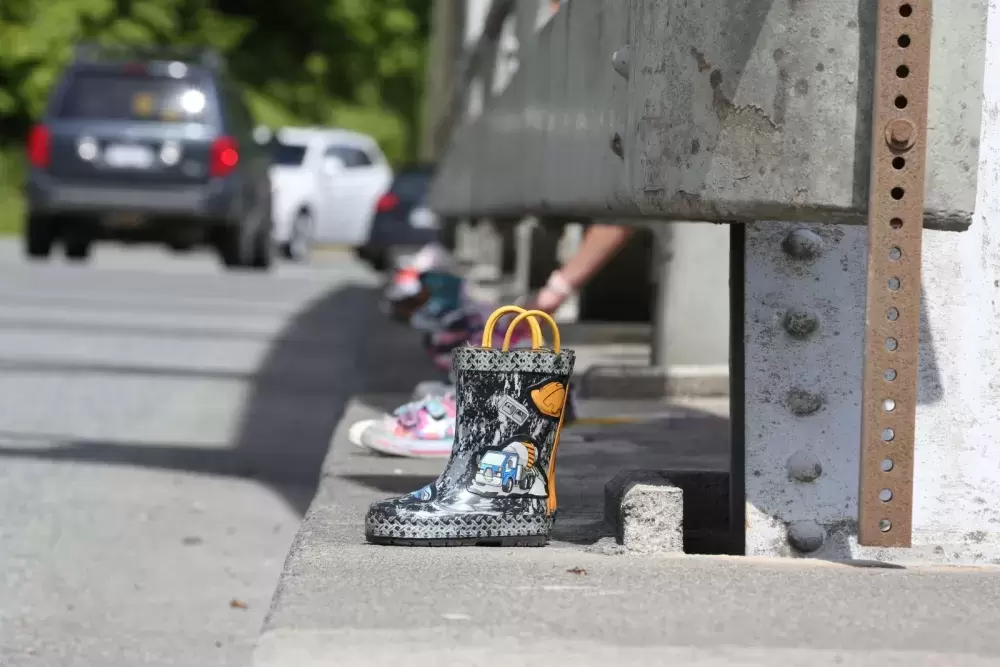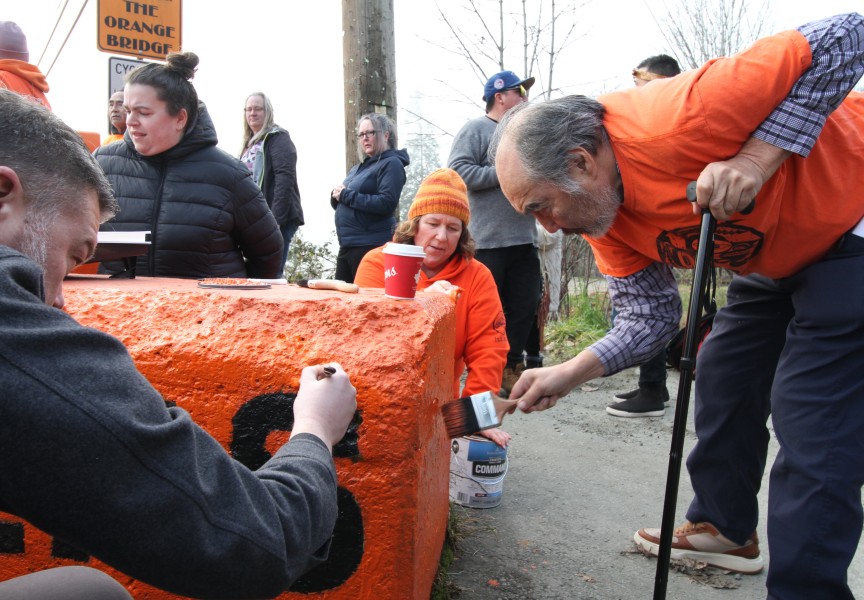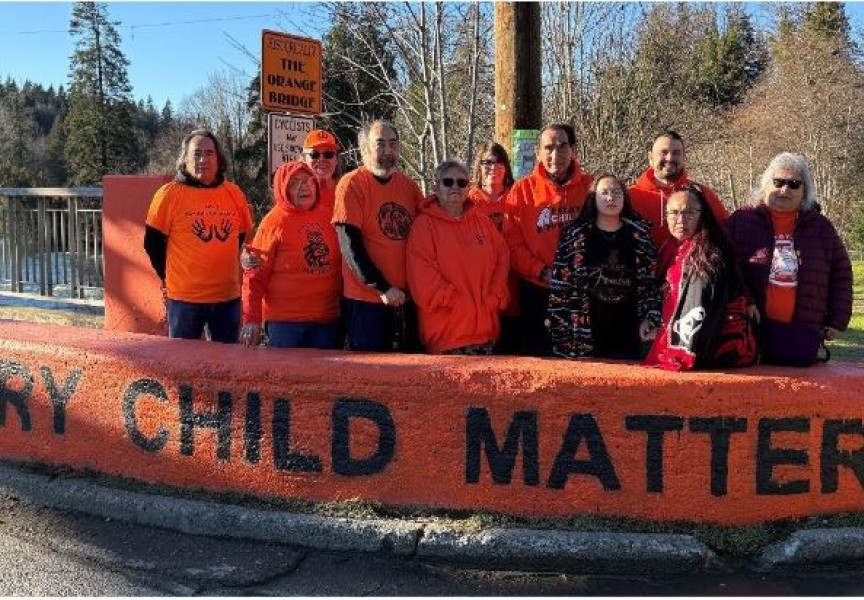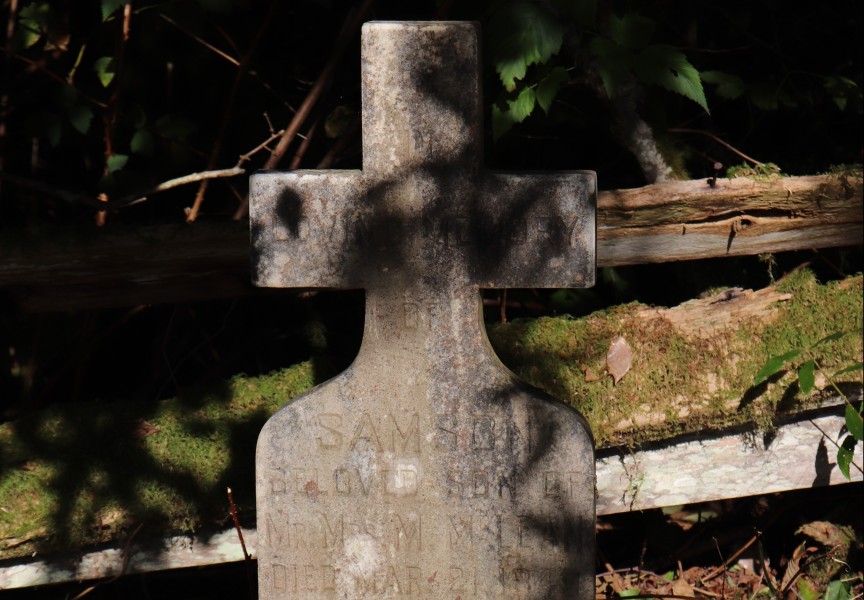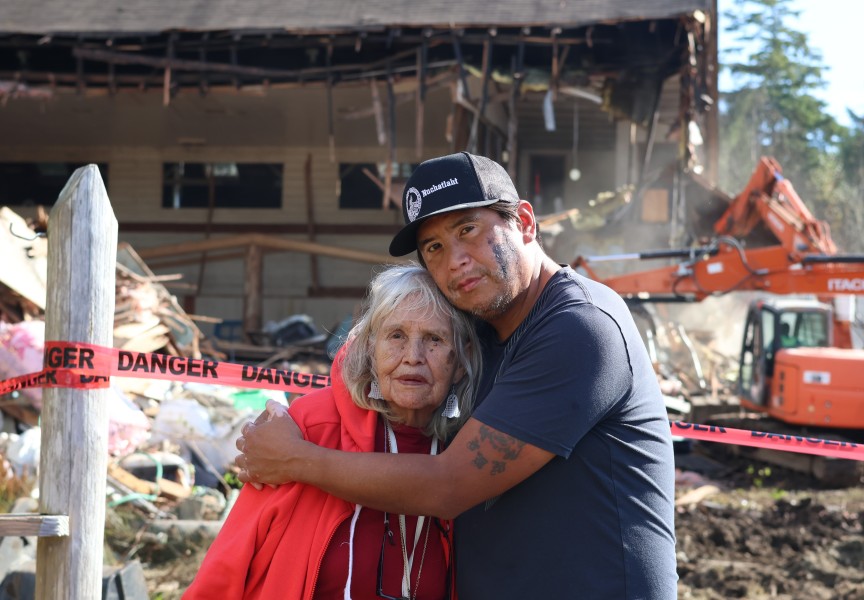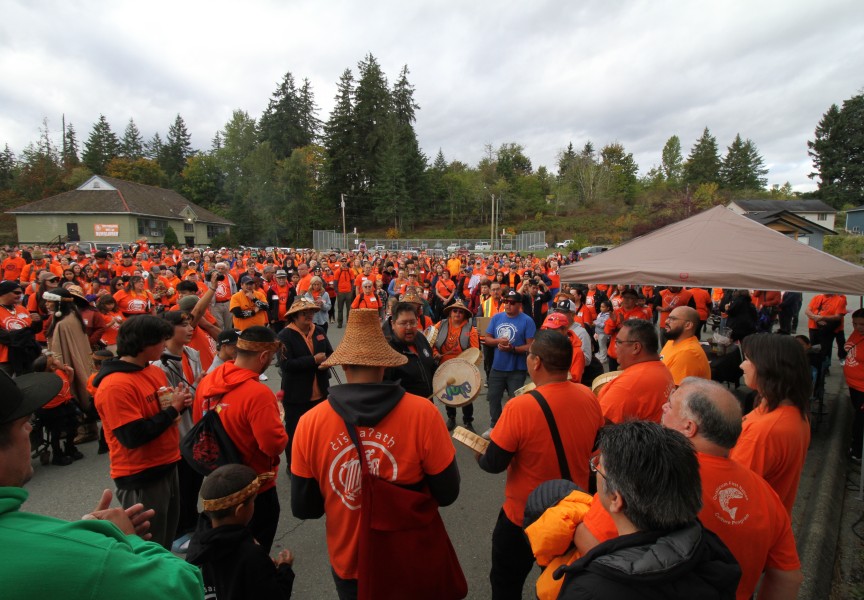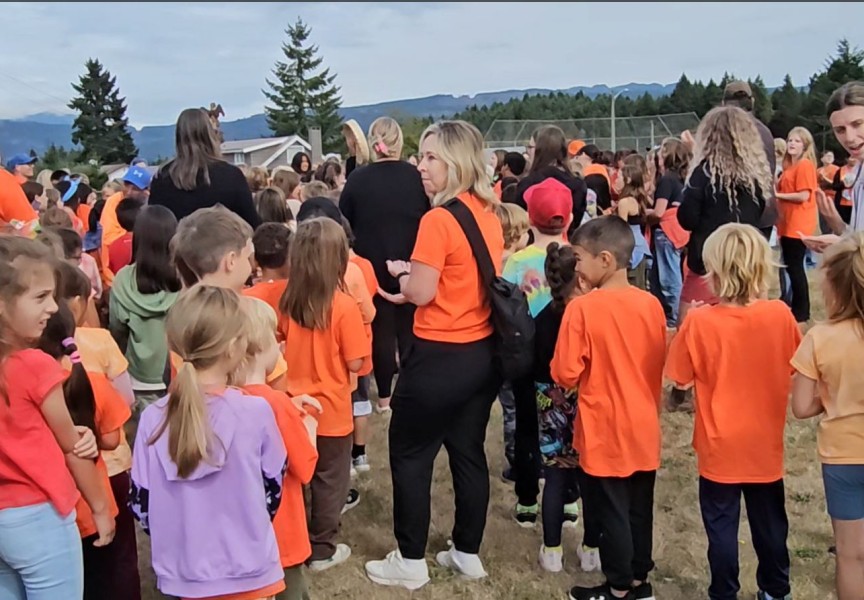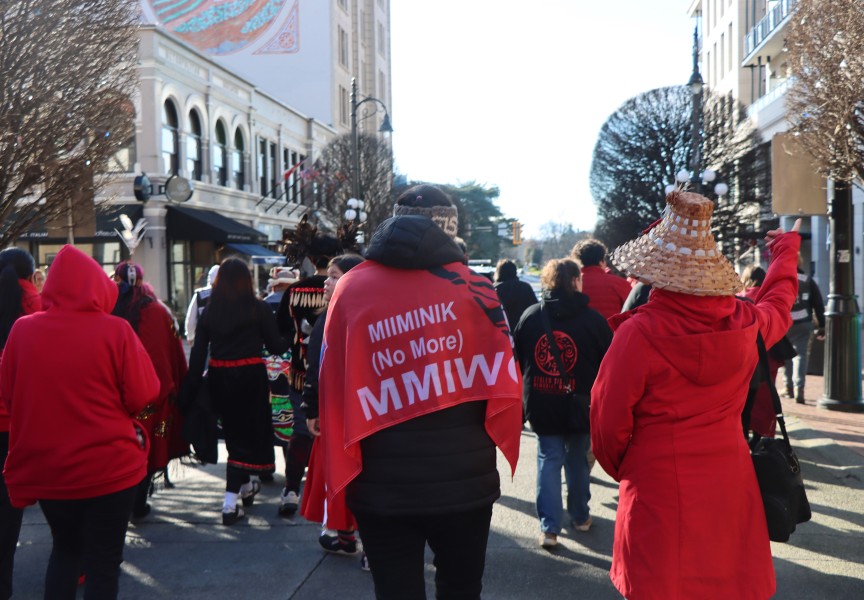The provincial government is allocating $1.5 million to address the need for culturally safe and trauma-informed support for residential school survivors, their families, and communities.
Dispersed between three Indigenous service providers, the funding is part of the $12 million BC Residential School Response Fund that was promised after the remains of 215 children were revealed at the site of the former Kamloops Indian Residential School in May.
With the funding, the Indian Residential School Survivor Society will be enhancing their 24/7 cultural support line through added counselling and cultural support staff. Tsow-Tun Le Lum Society will be providing more in-person health and cultural support. And the Métis Nation British Columbia will add resources to its Métis Counselling Connection Program, such as providing 10 free counselling sessions for Métis participants.
“It's so important for Indigenous people to have access to the supports that they can trust,” said Murray Rankin, minister of Indigenous Relations and Reconciliation. “Supports that understand the impact of the residential school system.”
Leading up to Orange Shirt Day on Sept. 30, Rankin said it’s a time to acknowledge Canada’s “true history” and honour the strength and resilience of those who attended residential schools.
“This is a time of reckoning in British Columbia and across Canada,” he said. “We must ensure as a government, as a society and as individual British Columbians that we stand with Indigenous people and recognize the truth of our colonial system. This truth has long been known. It was well documented by the Truth and Reconciliation Commission. We will continue to put communities and survivors at the centre of our response – to listen and to respond to what they need.”
Following the news from Kamloops, the ministry said Indigenous service providers have seen a significant increase in demand for mental health and cultural wellness support.
Angela white, executive director of the Indian Residential School Survivors Society, said that in the days following the discovery, their call line was “inundated with over 500 to 600 calls” between the working hours of 8:30 a.m. to 4:30 p.m..
Similarly, KUU-US Crisis Line Society executive assistant Cindy McAnerin said the Port Alberni-based organization doubled their call volume after the children were found.
Colette Trudeau, Métis Nation British Columbia senior director of operations and administration, said it’s imperative to have Indigenous-led support so those seeking services aren’t being further traumatized by someone who “doesn’t truly understand.”
“It’s about having someone on the other line who’s Indigenous, who understands their lived experience, has cultural competency associated with having these types of conversations and that empathy that comes with these conversations,” Trudeau said.
While the provincial funding has come at a “critical time,” Sonia Isaac-Mann, who is the First Nations Health Authority’s vice-president of community health and wellness, programs and services, said it doesn’t go far enough.
“There is still much more that needs to be done to provide culturally safe health and wellness supports for those directly impacted by the Residential School system, and to support the intergenerational impacts that the Residential School system continues to have on B.C. First Nations and their communities,” she said.
The Indian Residential School Survivors Society’s 24-hour crisis line is available at 1-866-925-4419.

